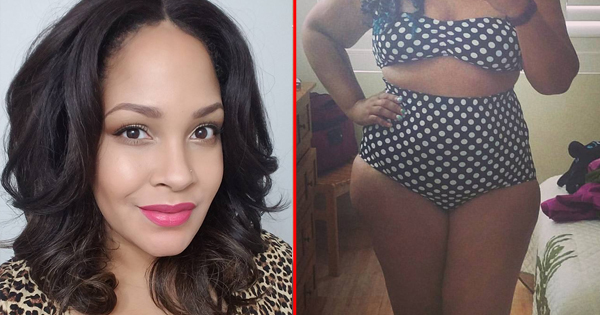Advertisement
Due to her experiences being in both sides of the ideal body weight for women, Ijeoma Oluo, 36 years old, has a lot of say about weight loss and fat shaming. One thing that she wanted others to adhere is to think before they discuss these issues. So, she decided to share a story on Facebook, or what Oluo would prefer to call an essay.
Oluo wrote, “I went on a diet the day after I was sexually assaulted by an ex-boyfriend. I was 22 years old. I didn't know how to process what had happened to me. After surviving childhood sexual abuse, and recently leaving an abusive marriage, I didn't want to be a victim again. So, I blamed the only other party - myself.
“I had decided that this had happened because I had settled, once again, for someone who had never once pretended to value me. And when I tried to figure out why - why someone who so many people had repeatedly said had so much going for her would be hurt so often, I settled on my weight.
“I decided that as long as I was fat, nobody who wasn't abusive was going to want to be with me. I felt deep inside that as long as I was fat, I wasn't going to be able to stop hating myself enough to ask for more. So much cultural messaging says that if you are fat, you should be grateful for whatever love you can get - even if that love isn't love at all.
“And while part of me knew that was wrong, I couldn't figure out a way to really believe and live it. So, I lost weight.”
The next few years came and Oluo lost a lot of weight. When everyone around her started to notice, it became the only thing that defined her. Then, she realized something that stunned her: the consistent hatred or dismissal of the society towards overweight people became true in her mind. Her weight loss validated the hate.
Oluo said, “When I lost weight, I suddenly mattered. People held doors open for me instead of letting them slam in my face. I got better service at restaurants. People complimented my "hard work" and "personal strength" to lose weight. Men - men were everywhere - saying hi, striking up conversation, telling me I was beautiful, funny, smart.
“Women wanted to be my friends, they wanted to hang out at clubs - it finally occurred to them that I too am someone who can have fun in public.”
Oluo decided from now on that she would not discuss dieting or congratulate someone for losing weight. She believed that such messages suggest that those actions are actually something to be proud of.
Oluo concluded her essay: “I will not give the abusive assholes who say that they matter more because they weigh less the satisfaction of watching me hate myself into a small enough body to be loved by them. And I can do that at any size, I can do that as a fat person, I can do that as a thin person.
“I do that by refusing to do anything for or to my body that is not for myself alone. I do that by refusing to place the size of my body on a value scale. I do that by standing up to those who would try to remove my ownership of my body by claiming that it has to please them. I do that by calling out fat shaming language for the perpetuation of abuse that it is.”




